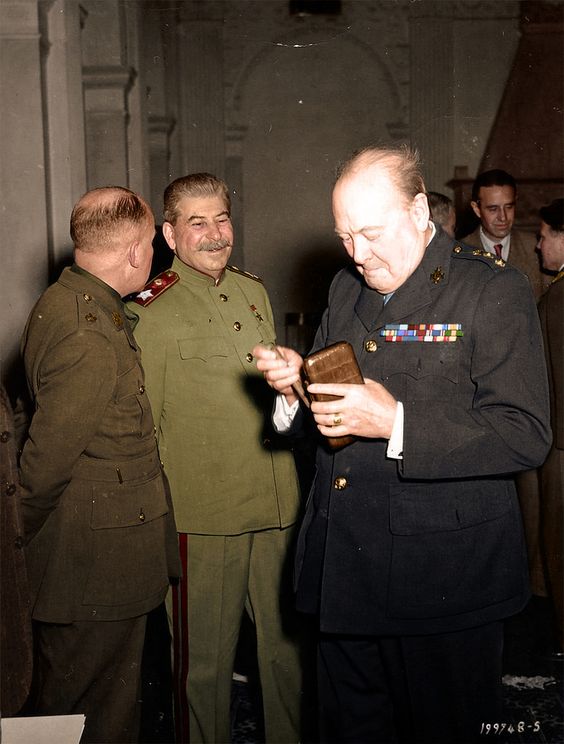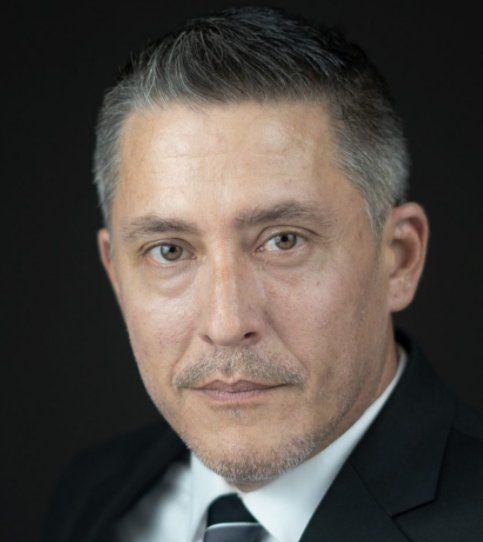On April 24, 1943, Prime Minister Churchill, in a letter to Stalin, spoke out "against any investigations by international organizations into the Katyn Massacre and asked General Sikorski to silence Polish appeals on the murder of the Polish Elite."
The growing Polish-Soviet crisis was beginning to threaten Western-Soviet relations at a time when the Poles' importance to the Allies, significant in the first years of the war, was beginning to fade, due to the entry into the conflict of the military and industrial giants, the Soviet Union, and the United States. In a retrospective review of records, both British Prime Minister Winston Churchill and U.S. President Franklin D. Roosevelt were increasingly torn between their commitments to their Polish ally and the demands by Stalin and his diplomats.
In private, Churchill agreed that the atrocity was likely carried out by the Soviets. According to Edward Raczyński, Churchill admitted on April 15, 1943, during a conversation with General Sikorski: "Alas, the German revelations are probably true. The Bolsheviks can be very cruel". However, at the same time, on 24 April 1943 Churchill assured the Soviets: "We shall certainly oppose vigorously any 'investigation' by the International Red Cross or any other body in any territory under German authority. Such investigation would be a fraud and its conclusions reached by terrorism".
Unofficial or classified UK documents concluded that Soviet guilt was a "near certainty", but the alliance with the Soviets was deemed to be more important than moral issues; thus the official version supported the Soviets, up to censoring any contradictory accounts. Churchill asked Owen O'Malley to investigate the issue, but in a note, to the Foreign Secretary he noted: "All this is merely to ascertain the facts, because we should none of us ever speak a word about it." O'Malley pointed out several inconsistencies and near impossibilities in the Soviet version. Later, Churchill sent a copy of the report to Roosevelt on 13 August 1943. The report deconstructed the Soviet account of the massacre and alluded to the political consequences within a strongly moral framework but recognized that there was no viable alternative to the existing policy. No comment by Roosevelt on the O'Malley report has been found. Churchill's own post-war account of the Katyn affair gives little further insight. In his memoirs, he refers to the 1944 Soviet inquiry into the massacre, which found the Germans guilty, and adds, "belief seems an act of faith".
Crawford, Steve (2006). The Eastern Front Day by Day, 1941–45: A Photographic Chronology. Potomac Books. p. 20. ISBN 978-1-59797-010-5.



Dodaj
komentarz
By dodać komentarz musisz być zalogowany. Zaloguj się.
Nie masz jeszcze konta? Zarejestruj się.